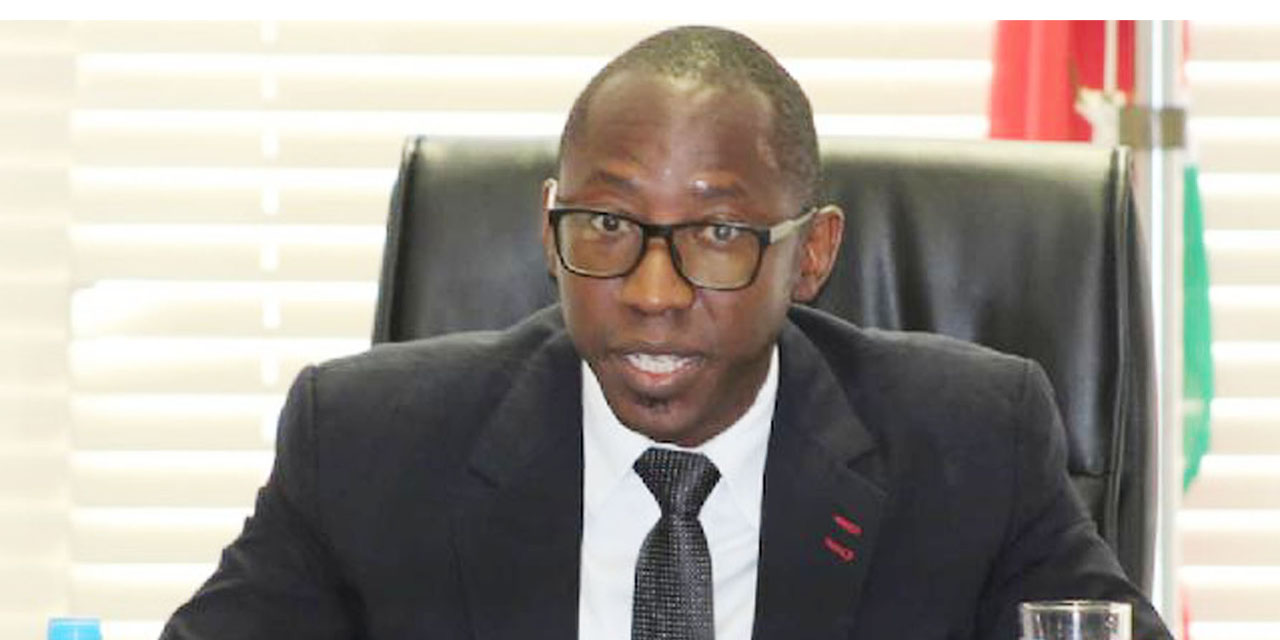Niël Terblanché
A great sense of happiness and optimism descended on a group of 805 residents of the DRC informal settlement of Swakopmund after they signed contracts on Sunday, legalizing their ownership of land and subsequently permitting them to build permanent homes.
Some of the recipients of the flexible land Tenure certificates stated that their lives will improve significantly as a result.
The provision of adequate housing not only allows Namibians to live with their dignity intact but also enables people to access other aspects of well-being in general.
The flexible land tenure system, developed by the Namibian Government in cooperation with other role players and stakeholders, is an excellent vessel utilized to provide people with land to build their own permanent homes.
Some of the recipients said they had to wait for almost a quarter of a century to become the rightful owners of their own piece of land.
During the official handover of the flexible land tenure certificates to the DRC residents, the Governor of the Erongo Region, Neville Andre said that adequate housing is a crucial part of human well-being, health and development.
“Proper housing is crucial because it is linked to most areas of human wellbeing that can only be achieved fully if one has access to adequate housing,” he said.
Andre said that he is pleased that the flexible land tenure initiative, as implemented by the Swakopmund Municipality, resulted in the presentation of 805 ownership certificates to the people of Swakopmund.
“The Namibian Government through the National Development Policies, such as NDP 5, the Harambee Prosperity Plan 1 and 2 and Vision 2030, initiated various policy initiatives and continues to allocate resources towards increasing the supply and improved access to affordable urban land, housing and sanitation. I am therefore pleased to note that Namibia has made some progress in terms of addressing many challenges around housing and land provision,” he said.
The Governor acknowledged that it took almost 23 years to realise this important milestone.
“I must applaud the community of DRC for their resilience and the leadership Municipality of Swakopmund for implementing policies to ensure access to land and housing for our people,” he said.
He said the joint efforts between local authorities and the central government to create interventions such as the flexible land tenure initiative will have a lasting impact on future land allocation and the decongestion of informal settlements.
“The handover of ownership certificates is an important embodiment of the Government’s commitment to providing access to land and affordable housing. The people want ownership and a roof over their heads and the Swakopmund Municipality is determined to do exactly that,” he said.
The Governor was of the opinion that initiatives like this will accelerate the building of the Namibian House and the creation of prosperity for the people.
Andre congratulated the newly minted landowners and requested institutions such as the Shack Dwellers Federation of Namibia and the Build Together Program to assist people who are unable to afford loans from the National Housing Enterprise or other financial institutions to build their permanent homes.
He encouraged the recipients to create a homely environment in their neighbourhood and to create playgrounds and public spaces where children will be able to play and have fun.
“Continue to work hard so that you are able to maintain your houses and do not add shacks to your new homes to rent out because it will only lead to the creation of another DRC,” he said.
The Mayor of Swakopmund, Dina Namubes, said the eventual delivery of Flexible Land Tenure certificates to the residents of the DRC residents has been Swakopmund Municipality’s greatest success.
“Another significant accomplishment was obtaining legitimacy and approval from residents to eventually give the people ownership of the land,” the Mayor said.
She said that people will not only be able to build their own homes but they will also be able to access municipal services.




